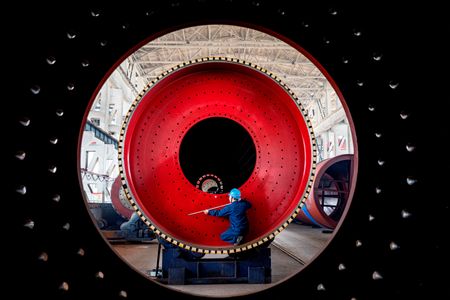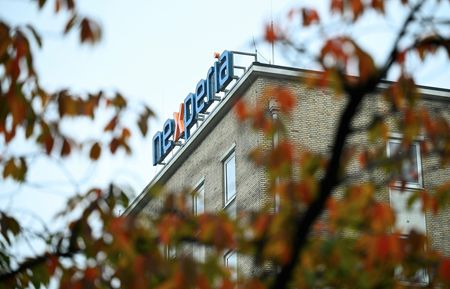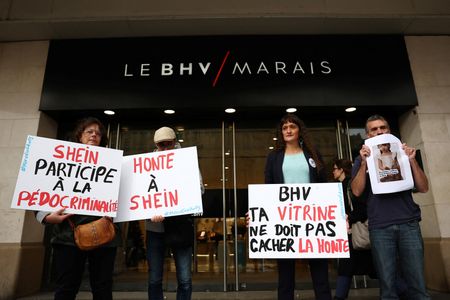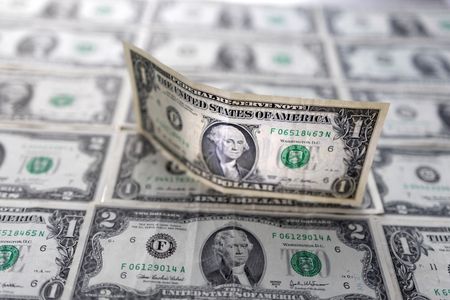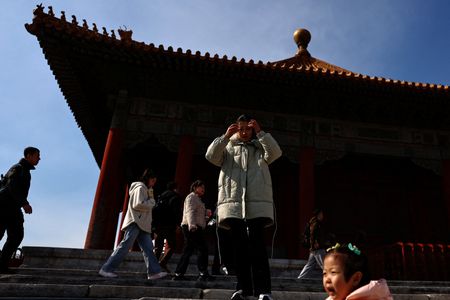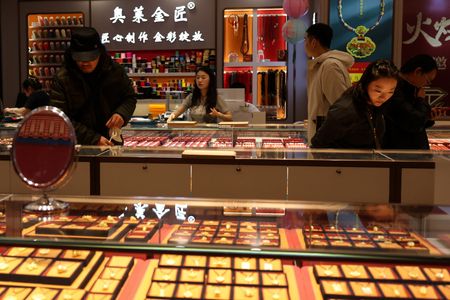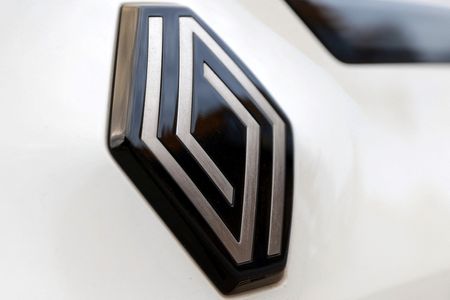By Rajasik Mukherjee and Clare Jim
(Reuters) -Hong Kong property developer New World Development has launched a debt exchange offer of up to $1.9 billion, aiming to restructure its outstanding perpetual securities, it said in an exchange filing on Monday.
The company intends to issue up to $1.6 billion in new perpetual securities, with the remaining $300 million allocated to new notes.
The move comes as the Hong Kong-based company seeks to manage its capital structure in a challenging financing environment. Last month, the company refuted media reports by saying it was not undertaking any liability management exercises related to its perpetual or other debt securities.
Earlier this year, the developer deferred coupon payments worth $77.2 million on four perpetual bonds that were scheduled for June.
New World said the offer was aimed at extending debt maturities, boosting liquidity and balance sheet flexibility, and strengthening its financial position.
The company’s shares reversed early losses to close up 3.1% on Monday, compared with a 1.5% gain in the Hang Seng Properties Index; its perpetual bonds were little changed, according to data from Duration Finance.
The company, the most indebted among its peers – which had two CEO changes last year – has been seeking to refinance debt and improve liquidity as the property sector faces sustained pressure from tighter credit conditions and a weak office market.
Last week, prior to the exchange offer, investment bank PJT Partners held discussions with New World on terms of what would be acceptable to the holders of senior notes and perpetual bonds, a source with knowledge of the matter said.
Bondholders have yet to receive advice on the exchange offer, the person added.
PJT Partners and law firm Kirkland & Ellis are representing an ad hoc group that holds around 20% of the bonds.
On Monday, Debtwire first reported on PJT Partners’ discussions with the company last week. New World and PJT Partners did not immediately respond to requests for comment.
New World’s debt woes trace back to an ambitious expansion spree, which collided with Hong Kong’s political unrest, the COVID-19 pandemic and a drawn-out real estate slump.
Despite clinching a crucial $11.24 billion loan refinancing package earlier this year, the company still needs additional funding to cut its debt and sustain operations in a weak property market, it had said.
In September, the company secured a term loan facility of up to HK$5.9 billion ($759.58 million) from German multinational investment lender Deutsche Bank AG.
($1 = 7.7675 Hong Kong dollars)
(Reporting by Rajasik Mukherjee in Bengaluru and Clare Jim in Hong Kong; Editing by Subhranshu Sahu and Thomas Derpinghaus)



